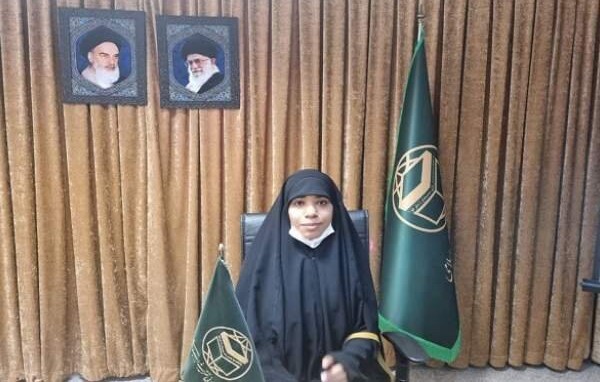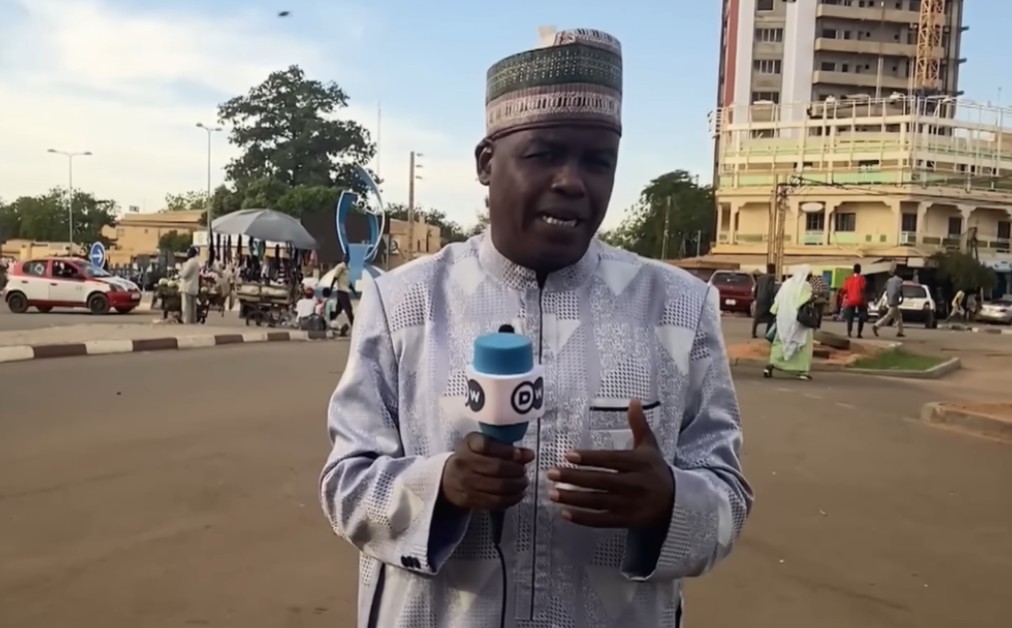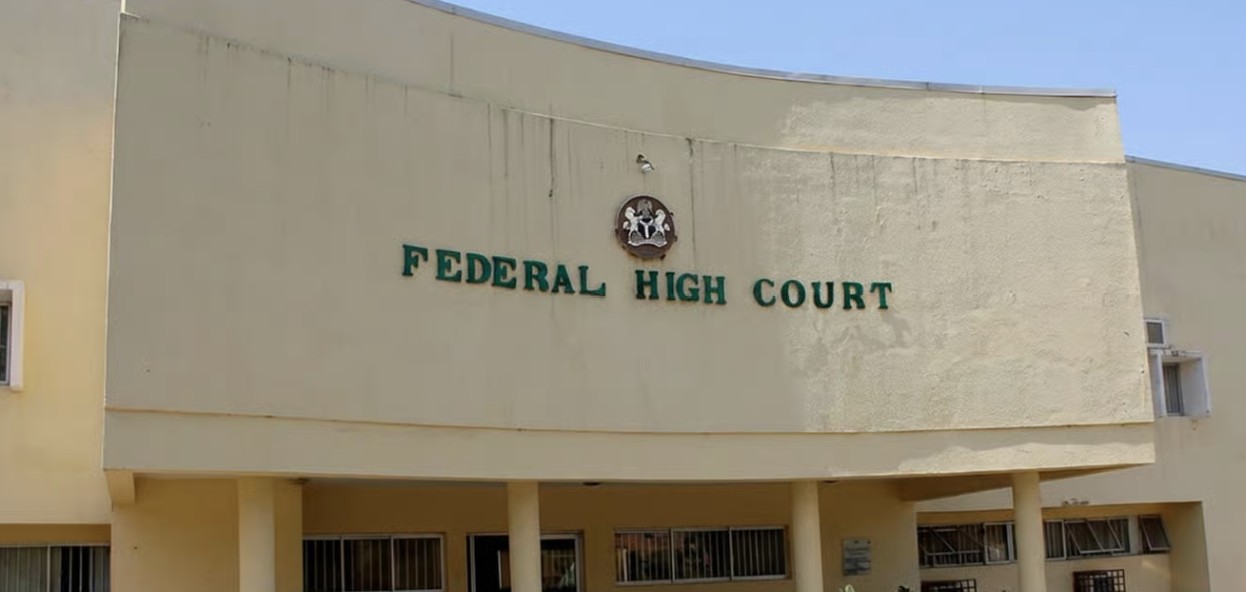
Bahraini Journalist Advocates Women in Media as Symbols of Resistance
July 19, 2025
Israeli Envoy Criticizes German Journalist Over Gaza Genocide Reference
July 20, 2025July 19, 2025 – Benin –
Beninese journalist Cosme Hounsa, editor of the newspaper La Boussole, was arrested earlier this week following an online harassment complaint lodged by Minister-Counsellor Rachidi Gbadamassi. Hounsa was taken into custody by the National Centre for Digital Investigations in Cotonou under charges of harassment via electronic means.
On July 18, Hounsa was released from detention, though the investigations and legal processes continue. Judicial sources confirm he may be summoned again as the investigation remains active.
This case is part of a wider crackdown on press freedom and digital dissent in Benin and the surrounding region. Days earlier, journalist Hugues Comlan Sossoukpè, editor of the now-banned online outlet Olofofo Info, was arrested in Côte d’Ivoire. While covering a government conference in Abidjan on July 10, he was detained by officers and deported to Benin, despite his status as a Togolese refugee. He faces charges including inciting rebellion, online harassment, promoting hatred and violence, and apologising for terrorism. A Beninese court has ordered him held in custody pending investigation.
Benin’s journalists’ association, ODEM, has condemned these arrests, stating that detaining reporters is unlawful unless tied to incitement or threats to public order. They argue that the use of cyber-harassment laws to silence government critics sets a dangerous precedent.
Both arrests reflect a disturbing regional trend. In August 2024, cyber-activist Steve Amoussou was abducted in Togo, brought back to Benin, and sentenced to two years in prison for social media posts critical of the government.
International watchdogs, including the Committee to Protect Journalists and Reporters Without Borders, have denounced Comlan Sossoukpè’s detention and deportation. CPJ noted that Ivorian authorities violated his protected status by returning him without due process. RSF described the deportation as a serious breach of refugee rights and warned that Côte d’Ivoire enabled Benin’s repression of dissent by participating in a secretive transfer.
While Cosme Hounsa is no longer in custody, both he and Comlan Sossoukpè remain under legal threat. Their cases highlight the growing use of digital laws and cross-border pressure to silence independent journalism in West Africa.
References –
https://www.nampa.org/text/22689282




